The info day for the 4th Horizon Europe Call for Doctoral Networks took place on June 7, 2024. Doctoral Networks (DN) are a key part of the Marie Skłodowska-Curie Actions under the Framework Programme Horizon Europe. They are designed to prepare fellows to be a complete research fit for academic and non-academic careers while fostering excellence, intersectoral and interdisciplinary mobility and advancing research across all disciplinary fields.
What is a Doctoral Network?
A DN consists of a consortium that proposes research projects composed of interlinked individual PhD research projects. Expected outcomes for doctoral candidates include research-related and transferable skills training as well as a career development plan. Participating organizations will benefit from the access to talents and from improved quality, relevance, and sustainability of their existing doctoral programs. Additionally, DN will enhance the EU’s appeal as a destination for research careers and encourage the circulation of knowledge.
The 2024 call: what’s new
A new feature in the 2024 DN programs is the inclusion of organizations from non-associated 3rd countries as degree-awarding institutions in Doctoral Networks-Joint Doctorates (jointly with those from Member States/Associated Countries).
The DN bottom-up scheme allows fellows to submit proposals to one of 8 scientific panels (Life Sciences; Mathematics; Physics; Social Sciences; Chemistry; Economics; Engineering; Environment). Within the same panel, 3 implementation modes are available:
- Standard DN
- DN – ID (Industrial Doctorates)
- DN -JD (Joint Doctorates)
All three modes compete within the same budget (1 budget per panel).
Restrictions to observe
Concerning this topic, it is important to note that if a proposition in DN has already been submitted in 2023 and scored less than 80%, it cannot be resubmitted in 2024, but resubmission is possible in 2025.
Who can apply?
Any legal entity worldwide can apply, however, not all applicants are eligible for funding. Specifically, eligible consortia include universities, research institutions and research infrastructures, and businesses including SMEs. The fellow must not already possess a PhD, and must demonstrate that the recruitment procedure was open, merit-based and transparent. Regardless of nationality, the applicant must be enrolled in a PhD program from at least one EU Member State or Associated Country. Additionally, it is mandatory to fulfill the MSCA mobility condition: Doctoral Candidates (DCs) must not have carried out their main activity in the country of the recruiting beneficiary for more than 12 months in the 36 months preceding to their recruitment date.
It should be noted that legal entities in Russia, Belarus or in non-government-controlled territories of Ukraine are not eligible to participate.
For further information about the MSCA Doctoral Networks Call, please visit the dedicated website.

